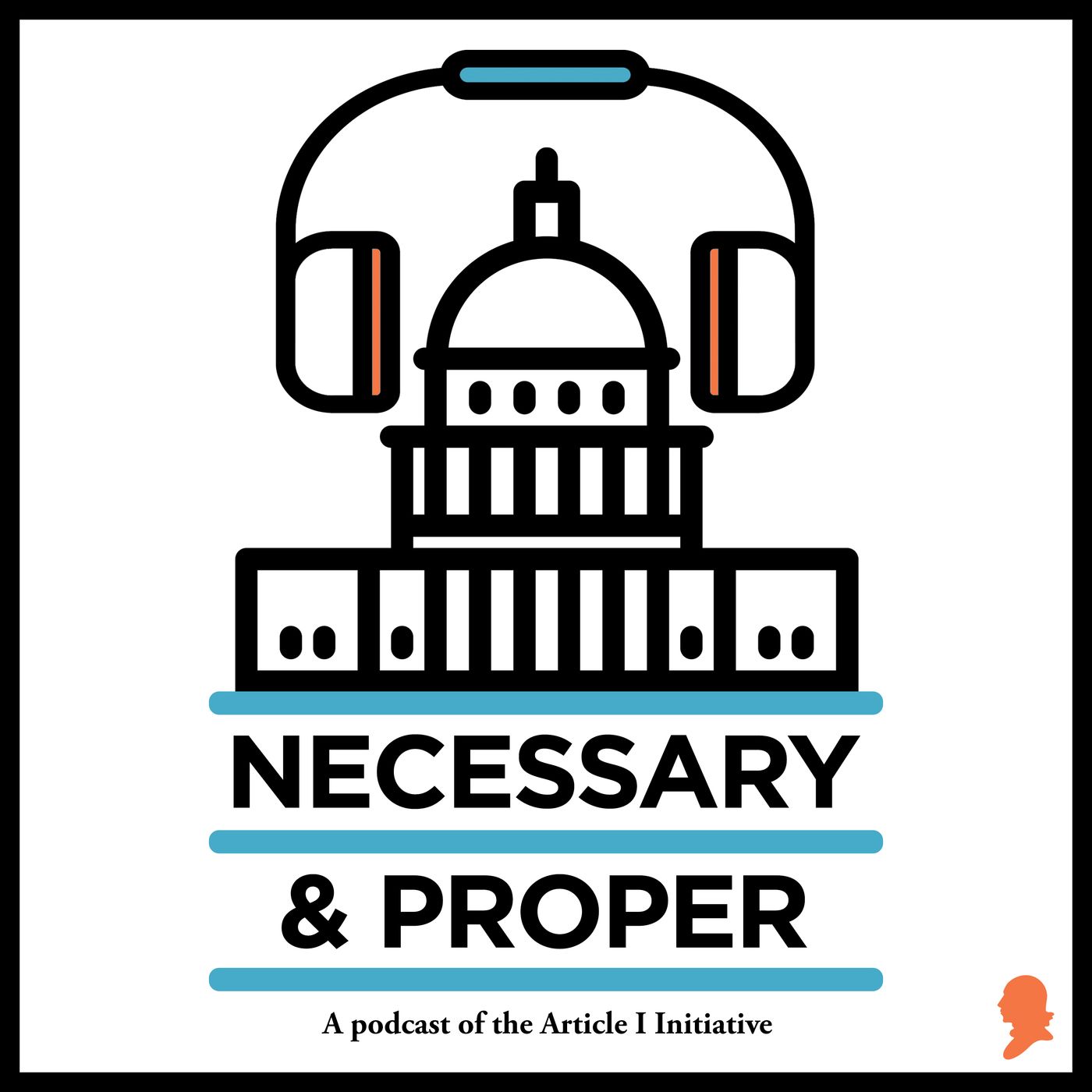Necessary & Proper Episode 77: Who Decides if January 6 Was an Insurrection Prohibiting the Election Of Participants?
Description
The Fourteenth Amendment prohibits anyone who has engaged in insurrection or rebellion against the United States after swearing an oath to support the Constitution from ever holding public office again. In light of this Disqualification Clause, some have called for participants in the riot that occurred on January 6, 2021 to be barred from future elections.
Who has the authority to enforce this provision, the states or Congress? Normally states cannot add requirements for holding public office, but is this different, or is enforcement left to Congress itself through its ability to expel members?
These questions took on new relevance on September 6, 2022, when New Mexico Judge Francis Mathew ordered that Otero County Commissioner Couy Griffin be removed from office effective immediately for his participation in the January 6 riot under the Disqualification Clause. While this decision is likely to be appealed, it could have serious implications for members of Congress and/or former President Donald J. Trump.
Listen to a discussion on these important issues between James Bopp, Jr., who represented Congressman Madison Cawthorn against challenges to his office under the Disqualification Clause, and Pressly Millen, who represented the challengers to Congressman Cawthorn. That challenge was mooted after Congressman Cawthorn failed to win his primary, leaving the underlying questions unanswered. Joining Mr. Bopp and Mr. Millen will be Kory Langhofer, who successfully represented Congressman Andy Biggs before the Arizona Supreme Court on a Disqualification Clause challenge, and moderator Devin Watkins, an Attorney at the Competitive Enterprise Institute.
Featuring:
- James Bopp, Jr., General Counsel, James Madison Center for Free Speech
- Kory Langhofer, Managing Partner, Statecraft
- Pressly M. Millen, Partner, Womble Bond Dickinson
- Moderator: Devin Watkins, Attorney, Competitive Enterprise Institute
More Episodes
The development of standing jurisprudence has been inextricably intertwined with the growth of the administrative state over the past 60 years and the bevy of new statutory rights, privileges, obligations, constraints, and interbranch dynamics that came with it. Over the past three terms, the...
Published 08/27/24
Chevron v. NRDC (1984) and subsequent precedents held that courts should defer to agency interpretations of ambiguous statutes. This “Chevron Deference” has been a topic of great debate, with many calling for it to be overturned, while others argue it is a vital part of how Courts address the...
Published 08/15/24
Published 08/15/24


